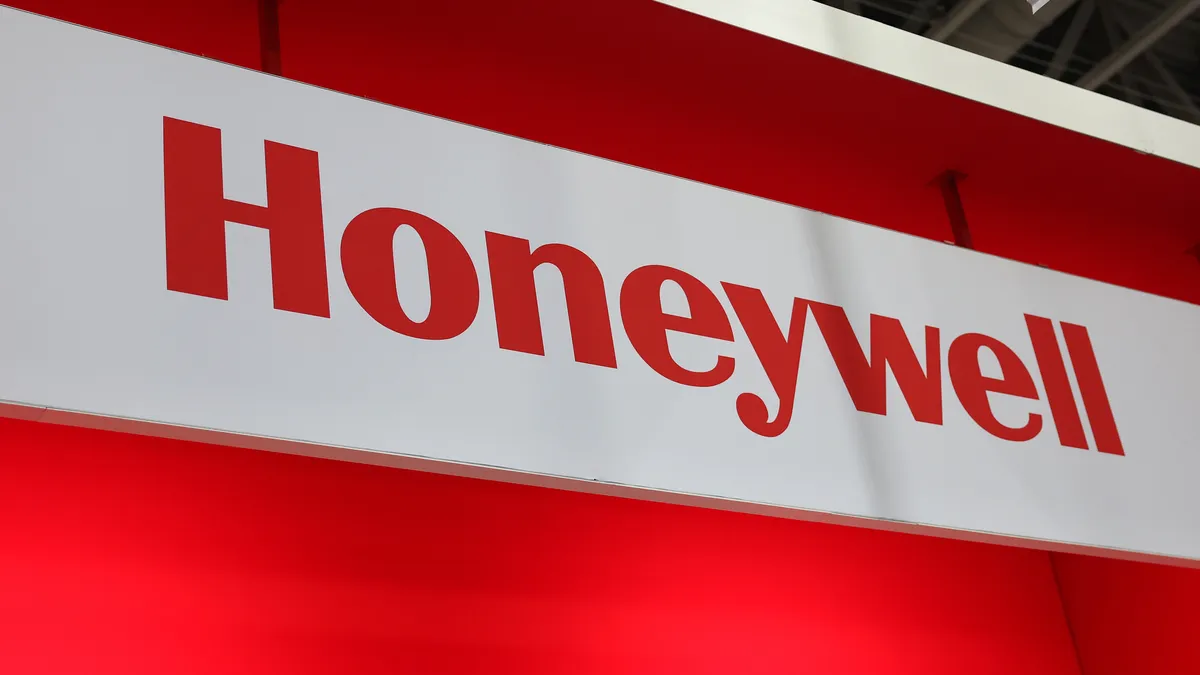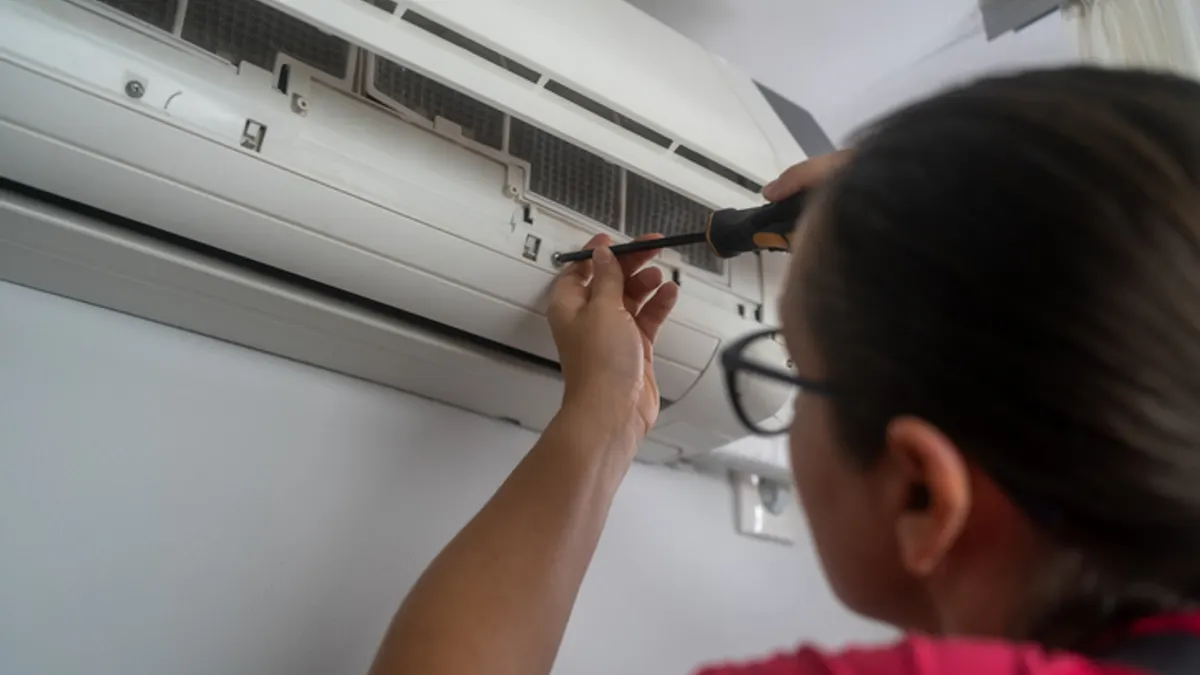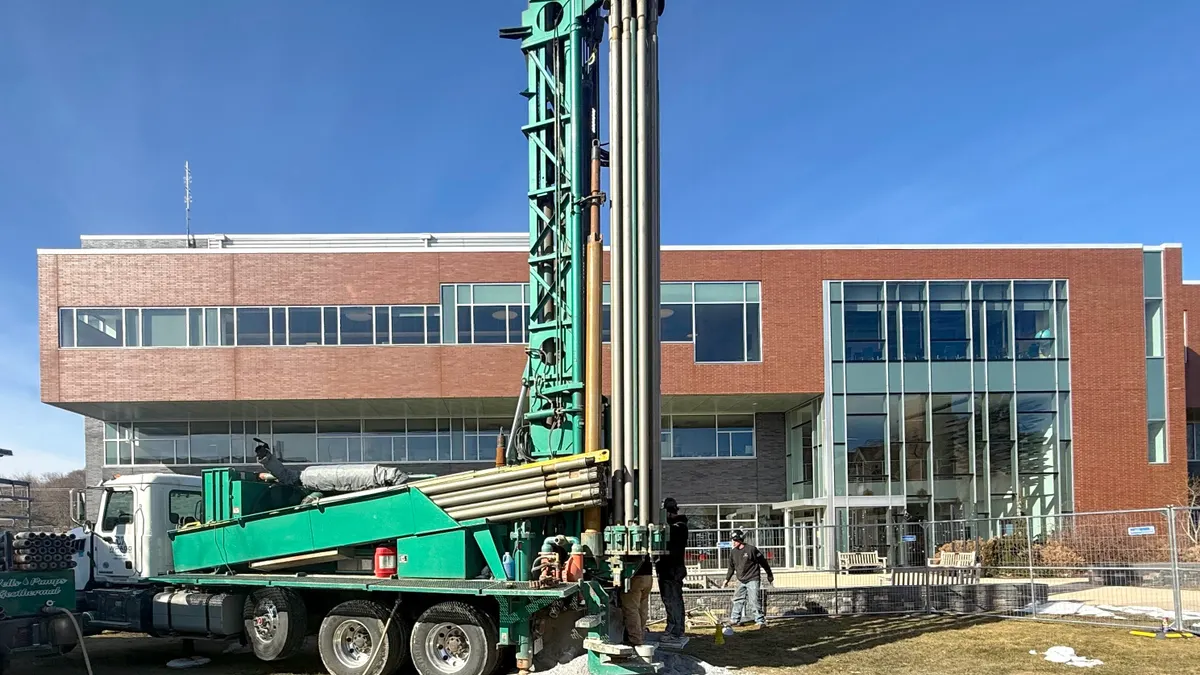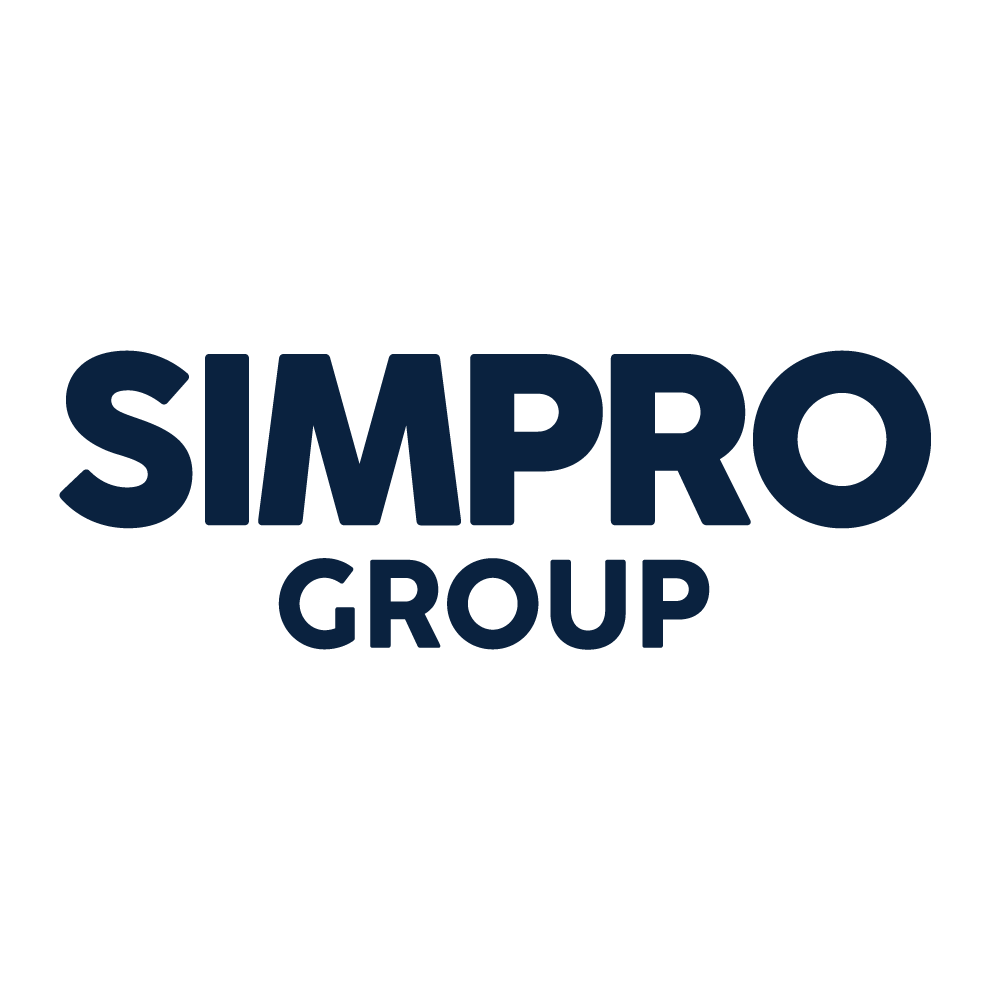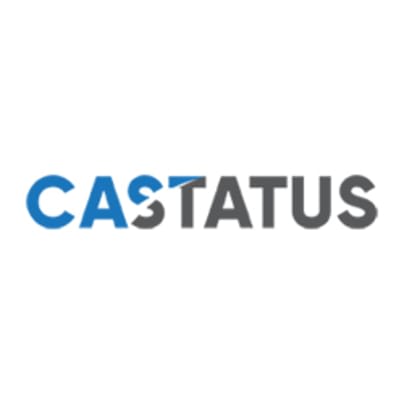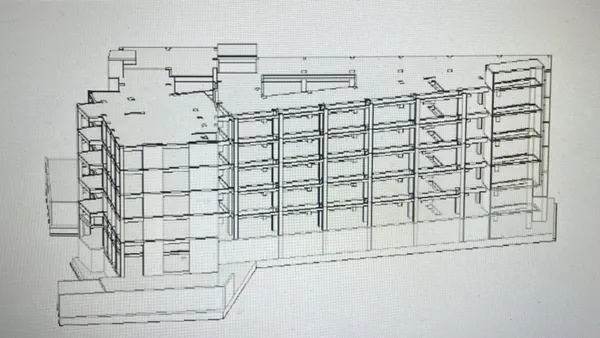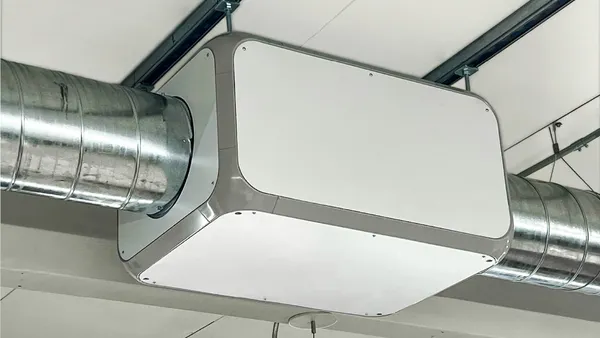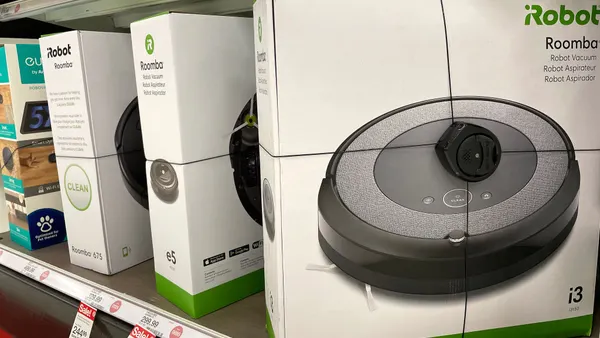Dive Brief:
- Honeywell’s building technologies segment saw flat organic growth in sales and profit in the third quarter on a year-over-year basis, company executives said during a Q3 2023 earnings call on Oct. 26. Building solutions sales increased 4% due to the strong execution of building projects, particularly those related to energy.
- HBT product sales declined modestly, driven by lower volumes of security offerings. But the company expects institutional demand to make building technologies the “largest margin expander” for the company in 2023, Greg Lewis, senior vice president and CFO, said during the call.
- Honeywell expects sequential improvements in its supply chain constraints to accelerate HBT’s progress on converting its past due backlog into sales growth. The company also noted that its building technologies business is seeing resiliency in the airports, government and education verticals.
Dive Insight:
Despite flat year-over-year sales, the building technologies segment’s project orders rose 20% year over year, resulting in a book-to-bill ratio for that period of approximately 1.2, Lewis said during the call. This ratio compares the number of orders received to the amount billed during a specific period. While HBT product sales decreased as a result of relatively soft demand for security products, the segment’s profit remained a “bright spot for the business, continuing to grow as a result of productivity actions and commercial excellence,” Lewis said. Overall, the segment’s profit margin increased by 1.1% to 25.2%.
“While the operating backdrop remains difficult, we are encouraged by the sequential [building technologies] orders progression we saw each month throughout 3Q, including double-digit products orders growth in the month of September,” Vimal Kapur, Honeywell CEO, said during the call.
Honeywell executives said orders were up 10% year over year across all segments, while its backlog rose 8% year over year to a record $31.4 billion. While management navigates an external environment that remains challenging for the short cycle, the company’s realignment to focus on automation, the future of aviation, and the energy transition positions it for a strong finish to 2023 and further growth in 2024, Kapur said.
Honeywell’s Safety and Productivity Solutions segment also ended the quarter with flat year-over-year orders and book-to-bill ratios up to about 1, which Kapur said indicates that Honeywell is “seeing a short cycle end market beginning to stabilize.”
Kapur also noted that Intelligrated, Honeywell’s warehouse automation business, which it acquired in 2016, was able to draw on a strong pipeline of opportunities, driving double-digit year-over-year growth in orders. Moreover, the segment achieved 50% growth in sequential orders. In addition to supporting building manufacturing and sorting systems, Intelligrated’s software offers warehouse execution systems, labor management software, voice and light order fulfillment technologies and mobility and wireless solutions.
Lewis noted that, as expected, Honeywell’s long-cycle warehouse automation business remains “around trough levels, which led to overall volume decline of 1% for the quarter.” However, excluding its Safety and Productivity Solution business, volumes climbed 6% across the portfolio, he said.
The company also reported that it continues to receive accretive results from its Connected Enterprise segment, which saw approximately 20% organic growth in the third quarter, bolstered by “strength in connected industrial, connected buildings, cybersecurity and connected aircraft,” according to Lewis. The segment includes its Forge for Building product, launched in May, which provides software, hardware and services to help building owners and operators achieve “sustainability, operational efficiency, occupant experience, compliance, safety and security, and resilience goals.”


